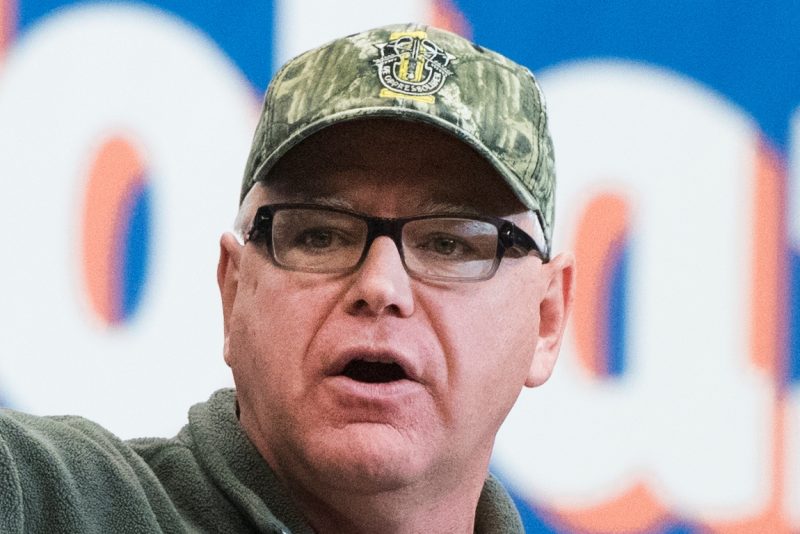In light of recent tragedies and ongoing debates surrounding gun control in the United States, the shift in political stance by individuals and entities in relation to firearms has been a topic of intense interest. One such individual who has undergone a notable transformation in this regard is Tim Walz, a former NRA-endorsed politician who has now positioned himself as a strong advocate for gun control measures.
Walz’s journey from being a recipient of the National Rifle Association’s endorsement to becoming an outspoken proponent of gun control policies reflects a broader trend in American politics, where attitudes towards firearms are evolving in response to changing social dynamics and public opinion. This transformation is not only significant on a personal level for Walz but also carries broader implications for the political landscape and the gun control debate in the United States.
The process of shifting from a pro-gun stance to advocating for stricter gun control measures is undoubtedly a complex and nuanced one. It often involves introspection, reconsideration of beliefs, and a willingness to confront one’s previous positions in the face of new evidence or changing circumstances. In the case of Tim Walz, his transition can be seen as a reflection of his responsiveness to the evolving needs and concerns of his constituents, as well as a recognition of the pressing challenges posed by gun violence in American society.
Walz’s journey also highlights the potential impact of personal experiences and external factors on shaping one’s views on gun control. As a former congressman and now the governor of Minnesota, Walz has likely been exposed to a range of perspectives and has had the opportunity to witness firsthand the consequences of gun violence in his state and beyond. These experiences may have played a crucial role in prompting him to reevaluate his stance on gun control and take a more proactive approach to addressing this issue.
Moreover, Walz’s shift towards supporting gun control measures could also be viewed as a strategic political move, reflecting changing attitudes within the Democratic Party and a growing emphasis on gun violence prevention as a key policy priority. By aligning himself with the gun control advocacy movement, Walz may be seeking to appeal to a broader base of voters and position himself as a progressive leader on a pressing social issue.
In conclusion, Tim Walz’s evolution from a NRA-endorsed politician to a gun control advocate underscores the complexity and fluidity of attitudes towards firearms in American politics. His journey reflects a broader trend towards reevaluating traditional stances on gun control in response to shifting societal norms and public opinion. While the process of change may be fraught with challenges and uncertainties, individuals like Walz demonstrate that it is possible to reassess and revise one’s views on gun control in light of new realities and evolving circumstances. Ultimately, Walz’s transition serves as a reminder of the importance of remaining open-minded, responsive, and willing to adapt in the face of pressing social issues such as gun violence.

